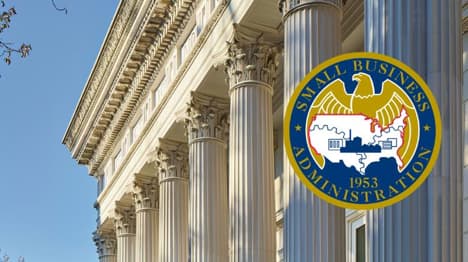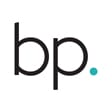
SBA’s Response to COVID Loan Delinquencies and Fraud Prevention Measures
The Small Business Administration (SBA) continues a concerted effort to recover up to $20 billion in delinquent COVID-19 loans and federal officials have signaled a robust crackdown on the roughly 1 million government loans that remain unpaid. This move comes in the wake of the pandemic’s economic fallout, which saw millions of small businesses and nonprofits benefit from the federal government’s financial relief efforts. According to Shannon Thaler of The New York Post, the SBA has initiated the process of referring delinquent COVID disaster loans, with balances of $100,000 or less, to the Treasury Department for collection.
The SBA’s Office of Inspector General reported that more than $136 billion of the COVID disaster loans showed signs of potential fraud, underscoring the urgency of recovering these funds. This staggering figure represents approximately one-third of the total loan amount disbursed under the COVID loan program, which extended nearly $390 billion in financing to support businesses grappling with the pandemic’s financial impact.
In a parallel scrutiny of the SBA’s handling of pandemic relief efforts, the Government Accountability Office (GAO) has raised concerns over the administration’s program management and oversight. During a House Small Business Committee hearing, Dr. Courtney LaFountain, acting director-financial markets and community investments at GAO, highlighted the inclusion of emergency loans for small businesses on their High-Risk List, citing “significant program integrity risks, potential for fraud, and the need for improved management and oversight”.
The GAO’s critique is not unfounded. It was discovered that the SBA disbursed over $200 billion in potentially fraudulent relief loans, amounting to at least 17 percent of all COVID-19 Economic Injury Disaster Loan (EIDL) and Paycheck Protection Program (PPP) funds. This revelation has prompted calls for the SBA to implement key management improvements and to adopt more rigorous fraud prevention measures.
In response to these challenges, the SBA has made strides toward enhancing its relief programs. As of February 28, 2024, the administration has fully addressed approximately 57 percent of the GAO’s recommendations from 2020 through 2023. Enhanced screening of applications and post-award reviews have been cited as effective steps toward mitigating fraud and ensuring that relief funds reach eligible entities.
Yet, the journey toward rectifying the shortcomings in the SBA’s pandemic relief efforts is far from complete. Rep. Roger Williams, chairman of the House Small Business Committee, emphasized the need for the SBA to act swiftly in implementing the GAO’s recommendations. Johana Ayers, managing director of GAO’s Forensic Audits and Investigative Service team, further advocated for the end of reliance on self-certification by applicants and the enhancement of data analytics to prevent and detect fraud more efficiently.
As the SBA navigates the complex terrain of loan recovery and fraud prevention, the path forward demands a balanced approach that prioritizes the integrity of relief programs while supporting the small businesses and nonprofits that continue to face the economic repercussions of the pandemic. The administration’s efforts to tighten its oversight and implement strategic measures reflect a commitment to safeguarding taxpayer dollars and ensuring the efficacy of its relief initiatives

